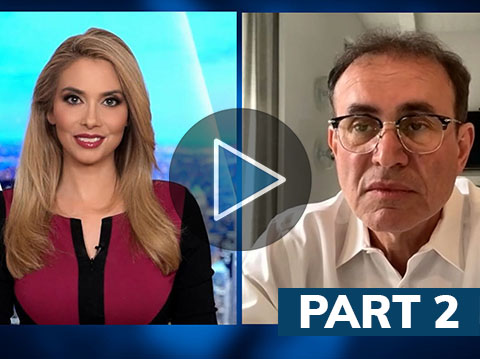

Julia La Roche is a correspondent for Yahoo Finance. Those elements include waning support for globalization, a rise in protectionism, strains between the U.S. Coupled with easy monetary and fiscal policy, prices could converge with stagnating growth ("stagflation") to create 1970s-like conditions. Roubini, however, said several factors that could reduce potential output and boost the cost of production and the price of goods and services.


Fed Chairman Jerome Powell said as much this week, telling Congress that such a scenario was "very unlikely" in his view. To be certain, a return to 70's style inflation is not the central bank's base case. And like in the '70s, with loose monetary and fiscal policy going to lead to stagflation, high inflation and also recession,” he added. The economist is of the view that there will be a negative supply shock that will “hit the economy, reduce potential growth, increase the cost of production. They're in a fiscal dominance," he added.

"And the Fed cannot tighten because there is so much debt in the system, if they're going to try to tighten too soon, the system is going to crash.


 0 kommentar(er)
0 kommentar(er)
